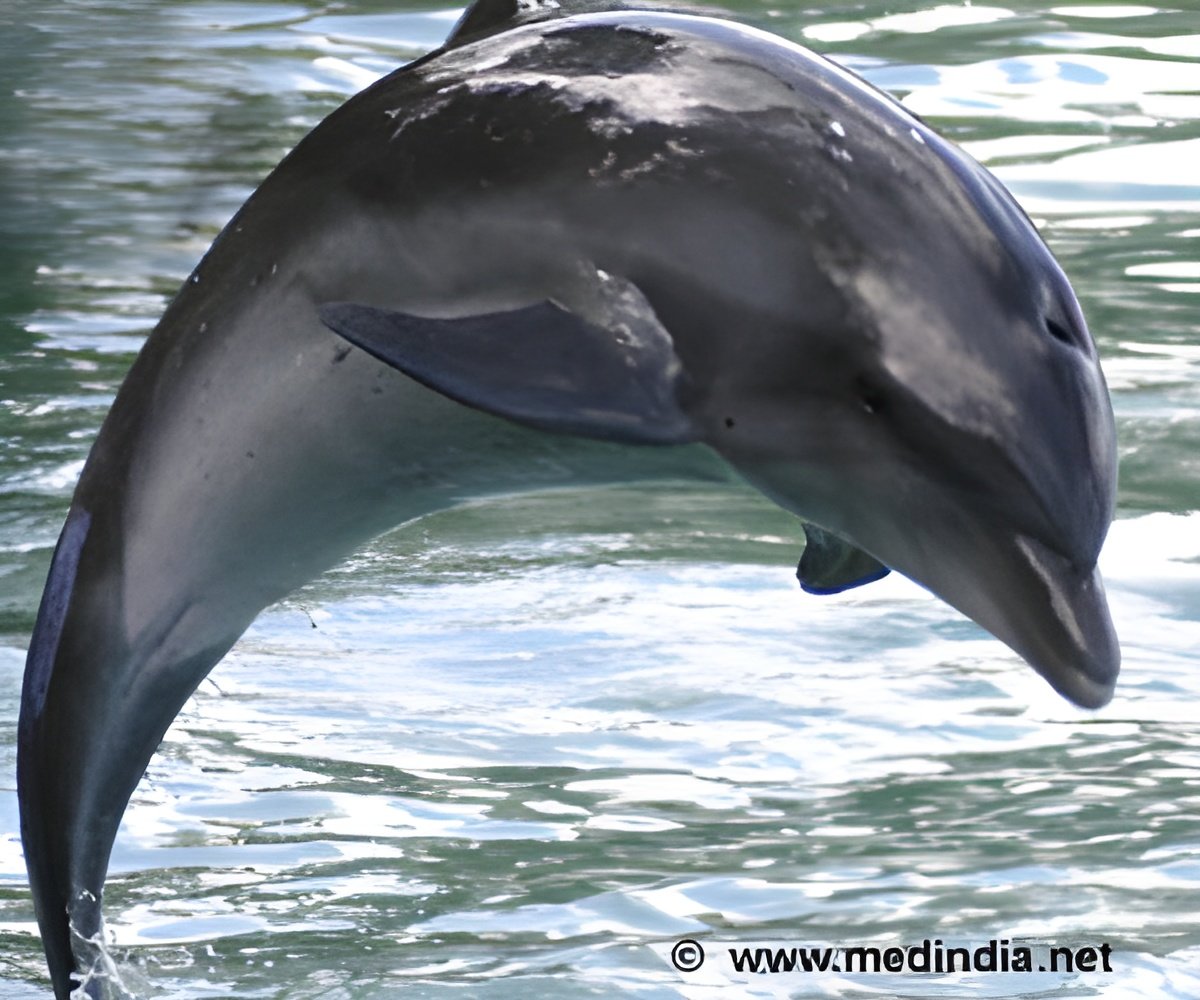
At the time Shenzhen was a fishing village. Now foreign investment and a freer capitalist economy have turned it into an export powerhouse with a population of more than 10 million and miles of high-rise buildings.
But in the face of a long term slowdown in growth, China is looking to refocus its economy to one where expansion is driven by domestic consumption rather than infrastructure investment and overseas trade.
Hengqin is being developed as a test bed for a new kind of reform, said to stretch even to punching holes through the country's "Great Firewall" of Internet censorship.
Now largely fields and scrubland, the island is intended as a hub for education, creative industries and tourism, with theme parks, hotels and restaurants tapping the swelling wallets of China's new middle class.
The aquarium at the $5 billion Chimelong Ocean Kingdom holds a stupendous 49 million litres (about 50,000 tons) of water -- certified as the world's largest by Guinness World Records when it opened in March -- held back by a cinema-screen-sized window bathing spectators in blue light.
Advertisement
"It's huge," 11 year-old Wu Junfeng exclaimed, as his mother looked on, clutching their 300 yuan ($50) tickets. "There's fish and turtles!"
Advertisement
Local officials offering a raft of tax breaks say they have attracted 250 billion yuan in investment since the project was launched in 2008.
"We have even more special policies than the special economic zones" such as Shenzhen, Hengqin government chief Niu Jing told AFP.
"Hengqin's position is unique, with clear advantages, being a neighbour of Macau and Hong Kong," he added.
The British ex-colony is one of Asia's key financial hubs, while the former Portuguese enclave, just a few minutes' drive down the coast from Hengqin, is the world's most lucrative gambling centre.
It attracts millions of visitors from China's mainland, where casinos are banned, and has annual receipts seven times higher than Las Vegas.
But Hengqin has a long way to go.
The island has fewer than 10,000 permanent residents -- officials say there will be more than 250,000 by 2020 -- and the wide highway to Chimelong Ocean Kingdom passes dozens of half-finished apartment blocks.
- Facebook, Twitter -
The promised reforms are also a work in progress.
Analysts say China's tight censorship system -- most notable in the government's blocks on foreign websites, known as the "Great Firewall" -- and close control of universities stifle creativity.
So Hengqin officials claim to be relaxing limits on freedom of speech to burnish the island's credentials as a centre for education and culture.
Residents will "have unrestricted Internet access, and enjoy social and political rights as they do in Macau", the government-run China Daily said last year.
The Global Times, which is close to the Communist Party, said officials had submitted a plan to make Hengqin "the first region on the Chinese mainland where local residents can skirt the firewall and get access to blocked websites including Twitter, Facebook and YouTube".
But the prohibitions were still in place when AFP visited and Hengqin's government refused to comment on the proposal's status.
The University of Macau is building a campus for 15,000 students on the island, and says it will come under Macanese jurisdiction -- which has more robust protections for academic freedom than the mainland.
But under President Xi Jinping, China has tightened controls on civil society, the media and Internet in recent months.
The crackdown has apparently spread to Macau, where a French academic was reportedly sacked in July after he organised a conference on tens of millions of deaths caused by a 1950s famine blamed on Mao Zedong and Communist Party policies.
Island authorities have also promised reforms to China's Communist-controlled legal system, where corruption has long unnerved investors.
Karen Kwan, an analyst for Hong-based Kim Eng Securities who has visited the island several times said she was "cautiously optimistic" that it could cash in on the millions thronging to Macau.
Early housing sales have gone well and prices have risen despite a nationwide property slowdown, she noted.
But its target customers gave it mixed reviews.
"We think it's more fun than Macau," said Sylvia Liang, a 21-year-old advertising student, as she watched white beluga whales whistle while wetsuited attendants balanced on their backs in an auditorium at the aquarium complex.
School student Wu, though, preferred to be among the high-rollers down the coast.
"My parents usually go to Macau to gamble," he explained. "So they leave me alone."
Source-AFP








